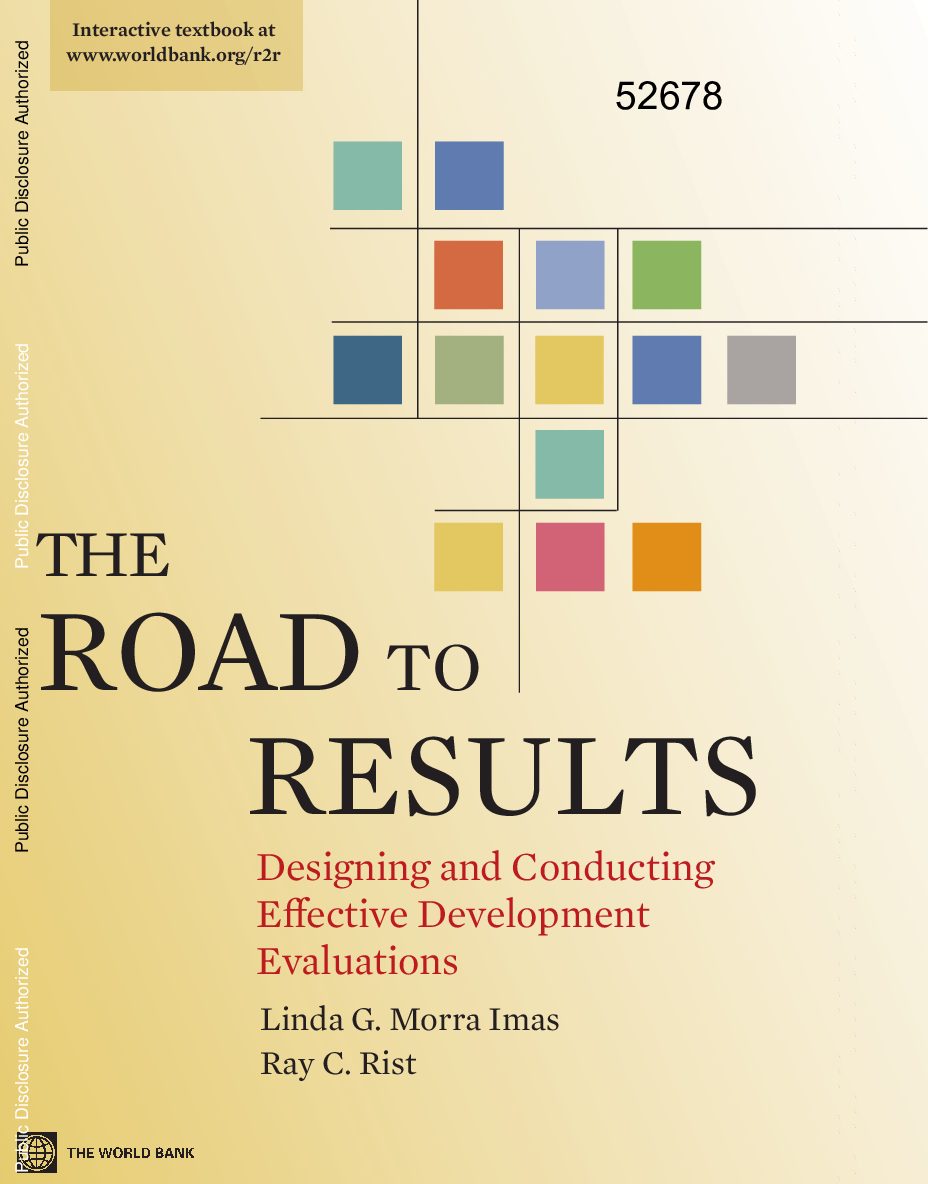| PREFACE |
Development evaluation is an exciting component of the larger evaluation
mosaic. It addresses the profound, the complex, and the emergent areas of
development. Evaluating poverty alleviation, globalization and its impacts
on the poor, the consequences of global warming on weak countries, the
structural inequalities of the global financial systems, and strategies to help
postconflict countries are but a few of the areas in which development evaluation is making contributions to our understanding of, indeed, our response to these pressing issues.
As pressures grow across the globe for accountability by governments
and organizations for the consequences of their actions for greater responsiveness to internal and external stakeholders for their performance, and
most profoundly for greater development effectiveness, evaluation is emerging as a key way in which to systematically address and answer the question,
“So what?” It is not enough to document that one is busy, it is now a requirement to document that one is (or is not) effective.
Development evaluation is also an emergent area of inquiry. Finding
ways of evaluating is tenuous when governmental data systems are weak or
nonexistent, corruption of information for political ends is frequent, information gaps are large and real, and there is no assurance that information
provided is reliable. In the face of these challenges, development evaluation
is resilient, innovative, and creative in finding ways to help provide information to citizens, government officials, donors, civil society, and the media on
whether government programs are making a difference.

